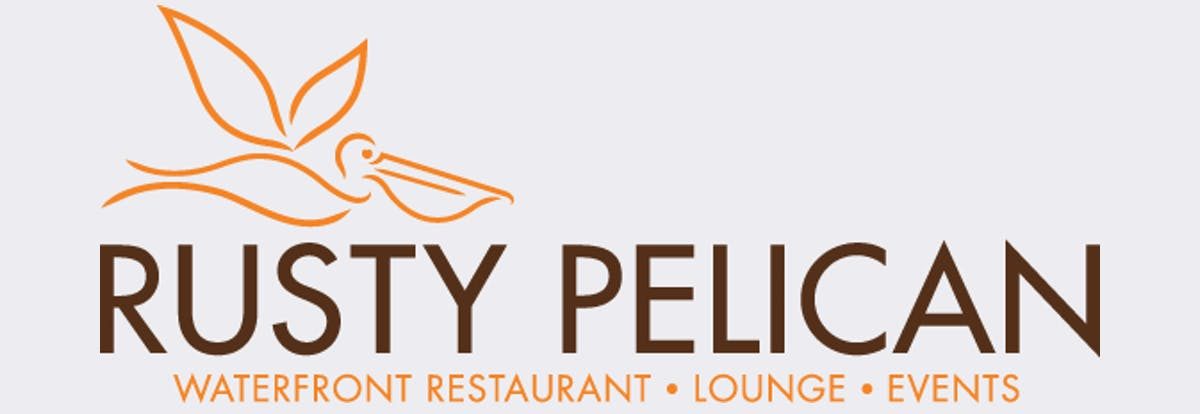It seems like it’s a lot of work but because it’s the same technological stack and the same team working on it, it’s actually only 10% more work to add one app to the portfolio for our tech team.
For our e manner, they try to allocate the work per channel and per vertical. So we are going to take the person responsible for performance marketing, now instead of just managing Once you have to do it for Once Again. For them, yes they need dine app to be a bit more organised and they need to be a bit more rigorous, but once you have the structure in place it’s not that much work to actually spend the marketing budget on different brands.”
Where do you think the online dating industry is headed, and what trends do you expect to see emerging before the end of the year?
JM: “The thing is I spend most of my time trying to understand how can we develop new brands and a new network of apps, and probably less time about what is going to be the next big thing.
If you look at previous disruption, first it was the internet and you had Match, that was the first disruption in the dating world. If we stay with this current device in terms of user experience, we’re probably going to get something that leans towards more like what mobile does best, which is videos and geo-location.
I’m thinking about apps that localise you everywhere you go, something probably like happn but with video interaction. An enhanced experience of what we have right today. More localised so you can hookup with your neighbour if you’re on a hookup app, or a better experience of what a profile can be. Basically something that goes a bit further than what Tinder is doing with the Loop videos. That’s if we stay with the current state-of-the-art device and we still use mobile.
What you can see right now is that we are going towards something else. We see more and more new disruption in terms of technology. So you have Snapchat that created the glasses and Huawei also launched some glasses recently at their conference. We know we’re going towards more virtual reality (VR) and augmented reality (AR). I think the future, maybe not next year but in a matter of one to five years, is going to lean between AR and VR, and it will go along with a new device. As soon as you have AR glasses, or something like that, you will see dating apps evolving or maybe a new startup that is going to offer you an AR future and experience.
The whole idea here is to be a little bit like happn again. It will most probably be along the lines of looking at a place and using automatic face recognition to tell you that these girls are single and are actively looking for something using these platforms. There will probably be a problem with privacy but that’s another subject.
We are becoming more about instant gratification and this is why I’m talking about hyper-localisation. The trend is definitely going in this direction and we will talk less about browsing a catalogue of pictures to identify someone.”
Author Dominic Whitlock
Dominic is the Editor for Global Dating Insights. Originally from Devon, England he achieved a BA in English Language Linguistics from The University of Reading. He enjoys a variety of sports and has a further passion for film and music.
Then came the mobile and few years after you had Tinder, a new disruption in the dating world
We can use the same technological stack for all of our apps and it’s easier to manage, it’s faster and when we make one modification on one app it does it on all the others at the same time.
